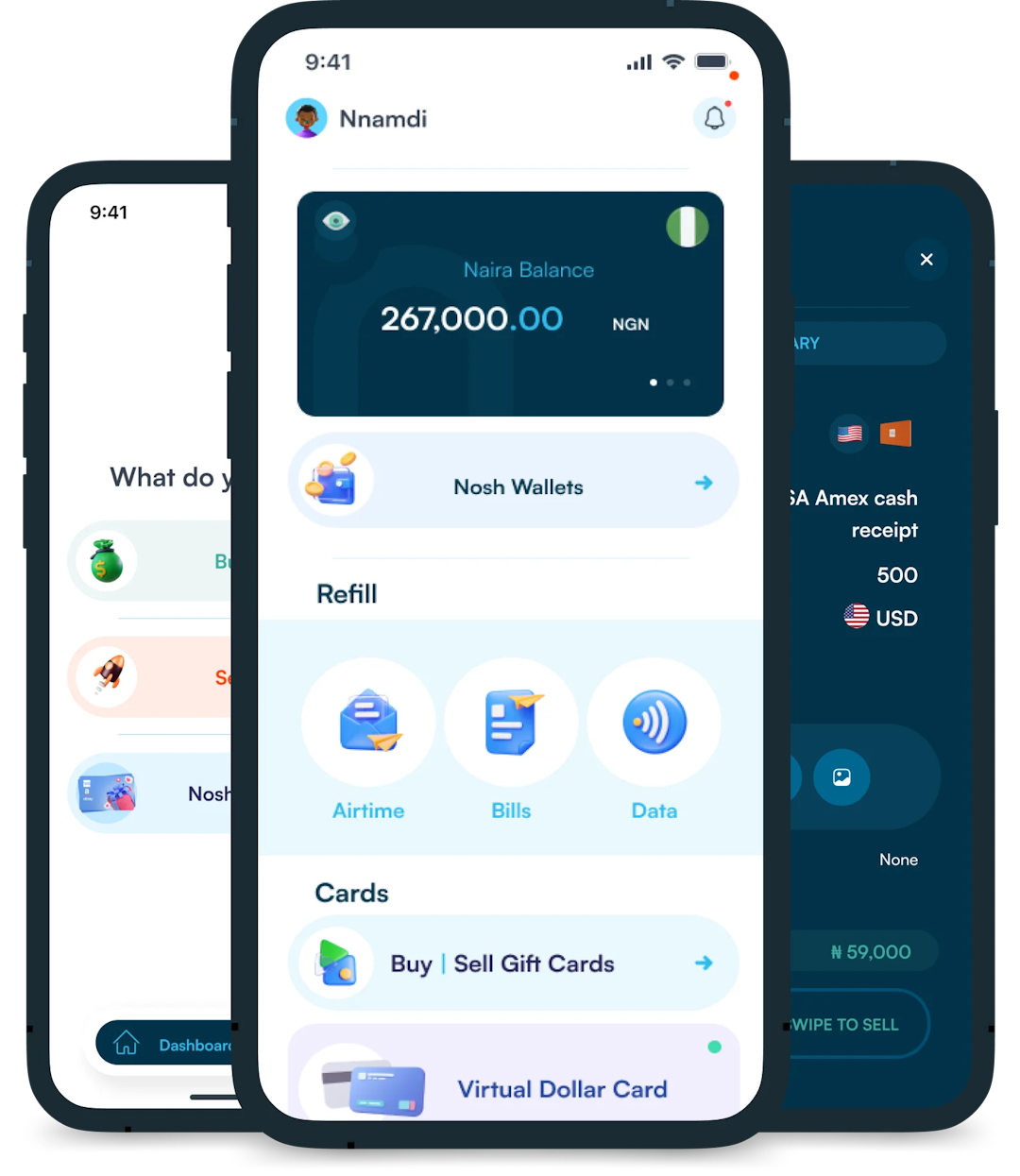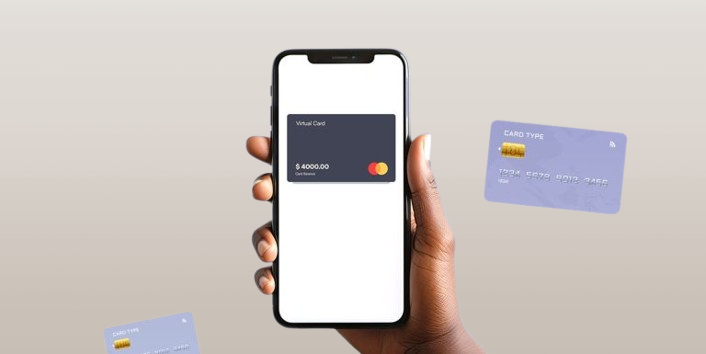
Virtual dollar cards have become increasingly popular in Nigeria, offering a convenient and secure way to make online payments in USD. These digital cards provide a solution to the limitations...
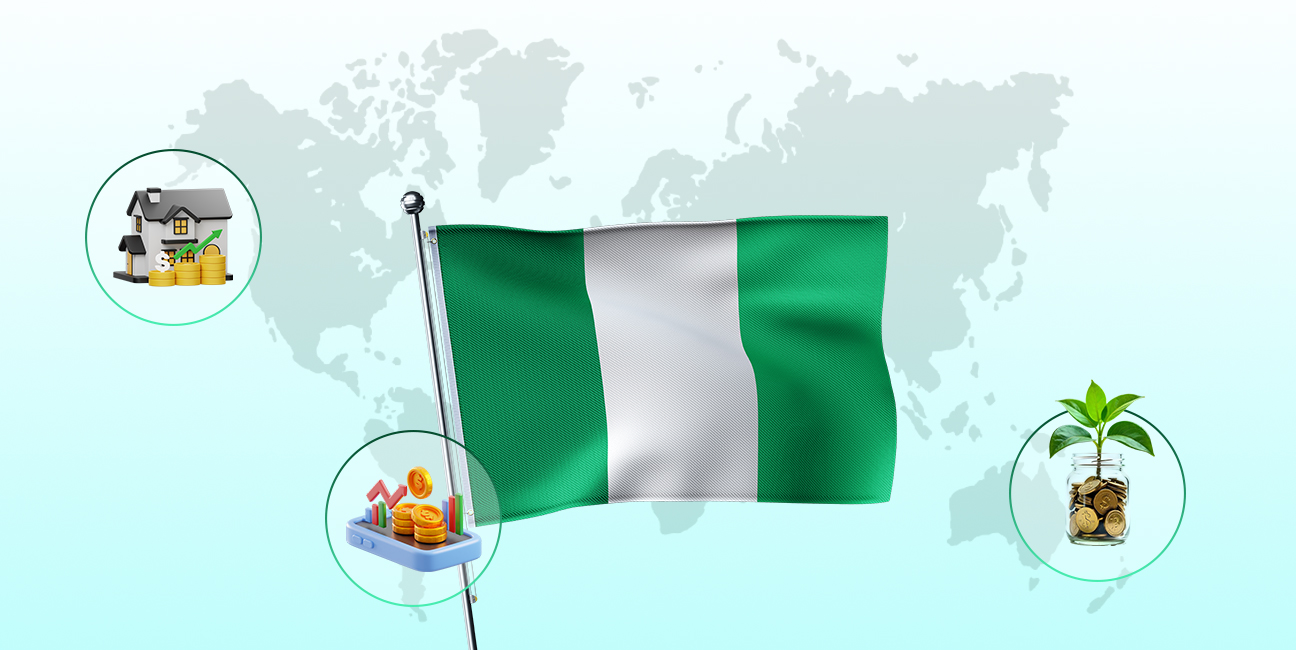
Have you ever looked at your bank account and wondered, “Is there a smarter way to grow my money than just saving it?” If yes, you’re not alone.
I’ve been there too, watching my savings sit still while inflation slowly eats away at their value. That’s when I started learning about investing, and honestly, it changed everything for me.
In this article, we’ll walk through 8 popular types of investments in Nigeria as of February 2026. I’ll explain what they are, how they work, and who they’re best for.
Some are low-risk and easy to start, while others take more time and strategy. But by the end, you’ll have a clearer picture of your options, and maybe even know where you want to begin.
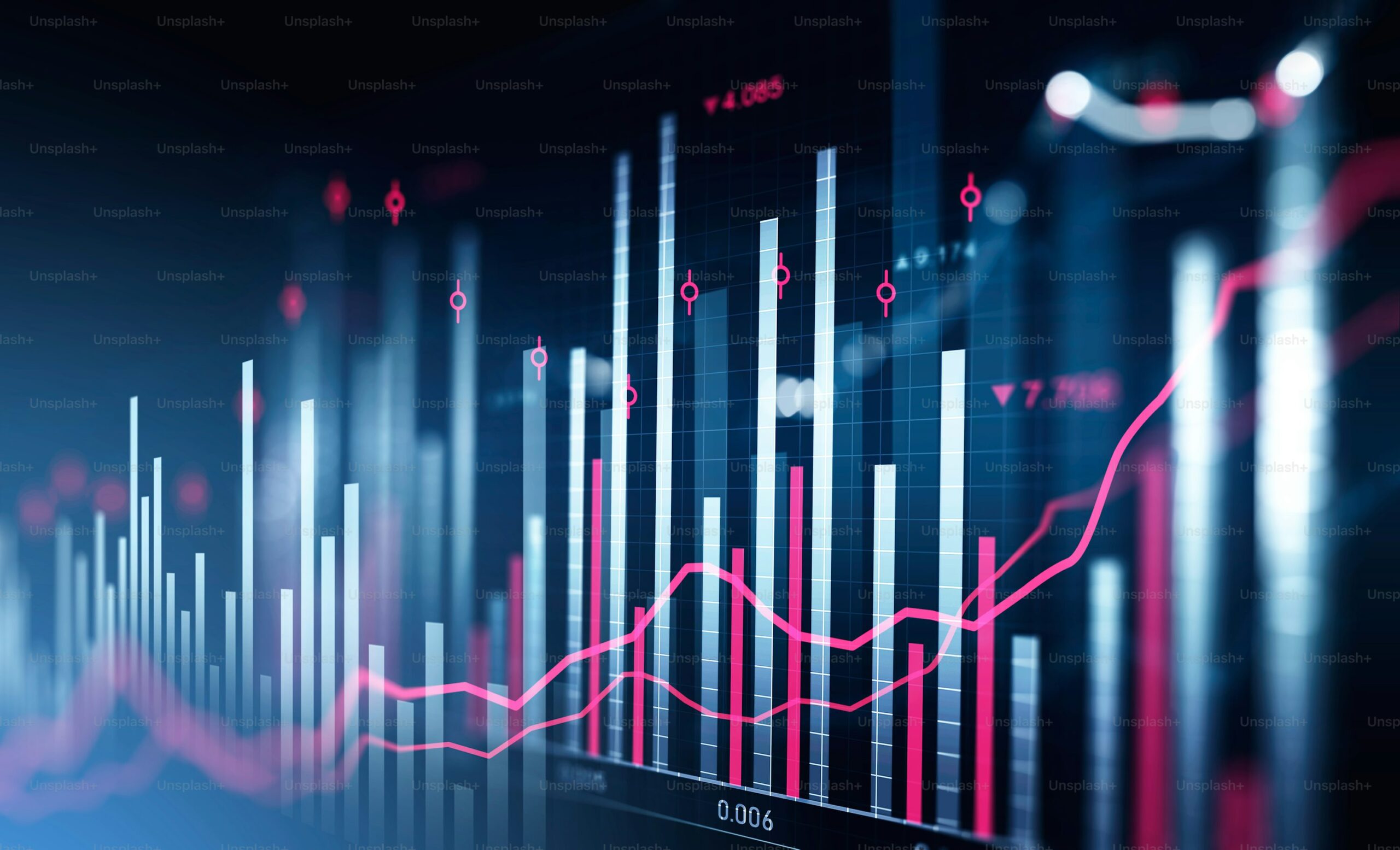
Whether you’re a student or a young professional, investing is one of the smartest moves you can make for your future. It’s not just for the rich or financial experts, it’s for anyone who wants their money to grow over time. And thankfully, there are lots of investment options right here in Nigeria that you can start with, even if you don’t have a ton of money.
That being said, let’s take a look at the best 8 most popular types of investments in Nigeria:
This table should help you quickly compare the options side-by-side and decide which fits your budget, goals, and comfort with risk.
| Investment Type | Minimum Investment | Average Returns (Annual) | Risk Level | Liquidity | Time Horizon
(Term) |
| Nigerian Stock Market (Stocks) | ₦10,000+ | 12%–20% | High | Moderate | Medium to long |
| Real Estate | ₦1,000,000+ | 15%–30% | Medium | Low | Medium to long |
| Mutual Funds | ₦5,000 | 10%–15% | Low to Medium | High | Medium to long |
| Government Bonds & T-Bills | ₦5,000-₦10,000 | 7%–14% | Very Low | Moderate | T-Bills: Short.
Bonds: Medium to long |
| Exchange-Traded Funds (ETFs) | ₦1,000-₦5,000 | 10%–15% | Medium | High | Medium to long |
| Agriculture | ₦20,000 | 10%–30% per cycle | Medium to High | Low to Medium | Based on crop cycles |
| Fixed Deposits | ₦10,000-₦50,000 | 6%–12% | Very Low | Low | Short to medium |
| Commodities (e.g., Gold) | ₦1,000 for ETFs. Higher for physical | 10%–15%+ (variable) | High | High (ETFs). Low (physical) | Medium to long |
Now, let’s examine these investment types in detail.
Investing in the Nigerian stock market is one of the most popular ways to build long-term wealth. When you buy a stock, you’re essentially buying a small piece of a company. If that company grows and becomes more profitable, the value of your shares can increase, and you may also earn dividends along the way.
In Nigeria, stock trading happens on the Nigerian Exchange Group (NGX). You can invest in big companies like Dangote Cement, MTN Nigeria, Zenith Bank, and GTCO. There are two main types of stocks: common and preferred. Common stocks give you voting rights and dividends, while preferred stocks provide higher dividends without voting rights.
To get started, you’ll need:
Risk Assessment
In 2024, the NGX All-Share Index posted an annual return of 45.90%, driven largely by growth in the banking and telecom sectors. However, the market has also seen periods of decline. For instance, the NGX All-Share Index fluctuated sharply in 2022 and early 2023. Therefore, it’s important to diversify and invest only what you can afford to leave untouched for a few years.
Real estate remains one of the most reliable investment options in Nigeria. Whether you’re buying land or developing properties, there are multiple ways to earn. Real estate offers three major revenue streams:
In Lagos, particularly in high-growth areas like Lekki, Ibeju-Lekki, and Ajah, land and property values have consistently risen. In some of these neighborhoods, property prices appreciated by 20–30% annually between 2022 and 2024. Rental income from residential apartments in places like Ikeja and Victoria Island can generate annual yields between 6% and 8%, depending on location and property condition.
You can use investment apps like Risevest to invest in real estate. Also, crowdfunding platforms like Wealth.ng and Crowdyvest offer opportunities to invest in real estate with lower capital. You can also explore REITs (Real Estate Investment Trusts) if you want exposure to real estate without owning physical property.
Risk Assessment
While real estate can be a stable, long-term investment, it comes with risks. Market demand can shift, property values may stagnate, and selling may take time. There are also challenges like property management and legal documentation, especially in newly developing areas. So, be sure to work with verified agents and carry out thorough due diligence.
A mutual fund pools money from many investors and is managed by professionals who invest in a mix of stocks, bonds, or other assets. This spreads the risk and offers more stability.
In Nigeria, mutual funds are regulated by the Securities and Exchange Commission (SEC), and you can invest through reputable providers like ARM, Stanbic IBTC, FBNQuest, and Meristem. You’ll find different types of funds, including
Risk Assessment
Mutual funds are generally considered low to moderate risk, depending on the type of fund. Equity-based funds can fluctuate more with the market, while fixed income or money market funds offer more stability. Since professionals manage your investments, it’s a more hands-off way to grow your money, which is ideal if you’re still learning the ropes.
Government bonds and treasury bills (T-bills) are debt instruments issued by the Federal Government to raise capital. When you invest in them, you’re essentially lending money to the government in exchange for interest.
Treasury Bills: T-bills are short-term instruments with tenors of 91, 182, or 364 days. They’re sold at a discount and repaid at full face value, meaning your profit is the interest earned.
As of early 2025, T-bill yields range between 7% and 11%, depending on the tenor. You can invest through your bank or platforms like CBN’s Treasury Direct or investment firms like Cowrywise and Bamboo, with a minimum investment of ₦10,000 or less.
Federal Government Bonds: Bonds are longer-term (from 2 to 20 years) and pay fixed interest, called a coupon, every six months. The FGN Savings Bond has yielded around 11%–14% annually, making it popular among conservative investors.
Risk Assessment
Government bonds and treasury bills are considered very low-risk since they’re backed by the Federal Government. However, they may not beat inflation over time, especially if rates fall. They’re ideal for investors looking to preserve capital rather than chase high returns.
Related Article: How To Save in Dollars in Nigeria in 2025 – A Detailed Guide
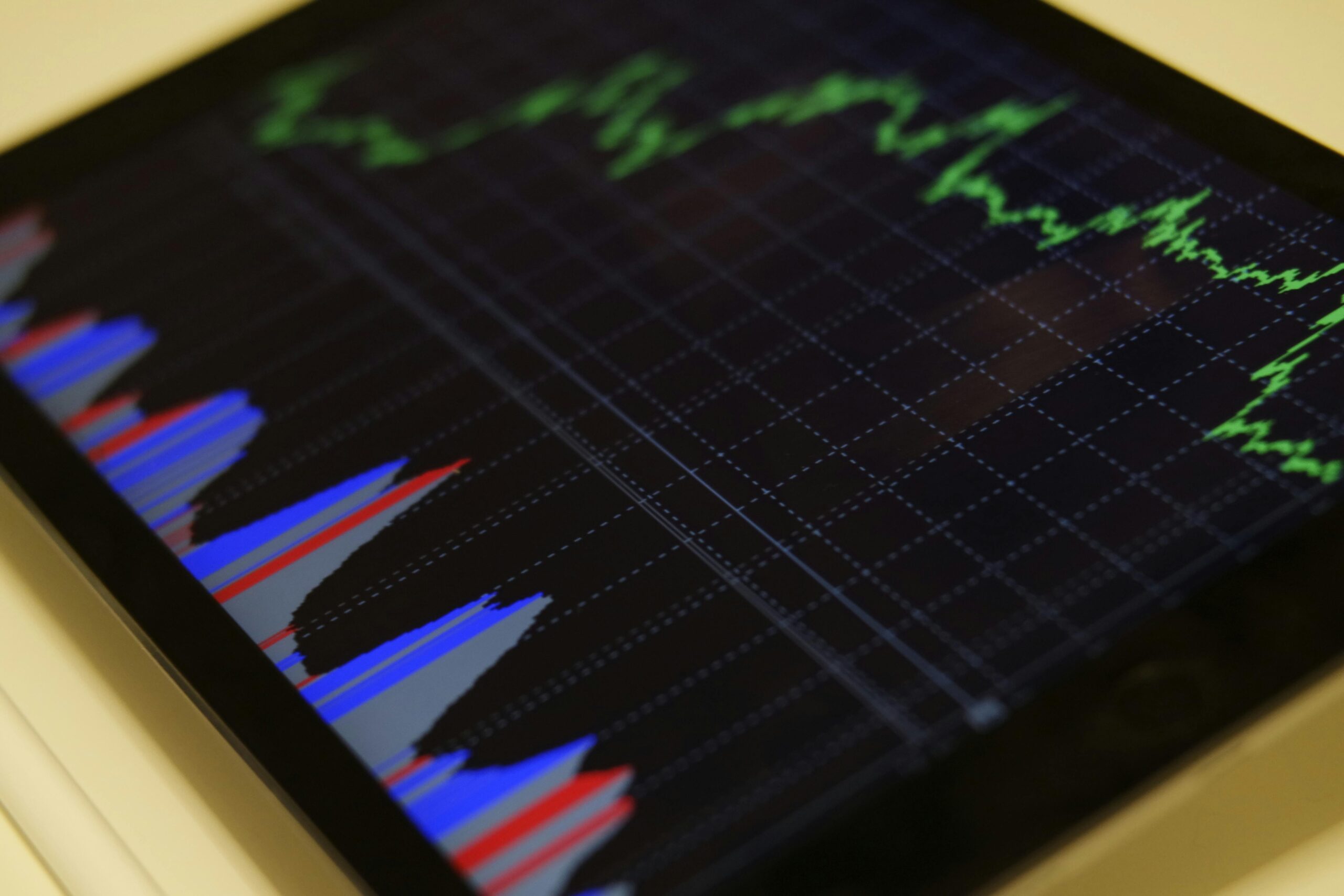
If you like the idea of investing in stocks but want to reduce the risk of betting on just one company, ETFs are worth exploring. An ETF is a type of investment fund that tracks a group of assets, like stocks, bonds, or commodities, and trades on the stock exchange just like regular shares.
In Nigeria, ETFs are listed on the Nigerian Exchange (NGX) and are regulated by the Securities and Exchange Commission (SEC). You can invest through stockbrokers or online platforms that provide access to NGX-listed instruments.
A popular example is the NewGold ETF, which tracks the price of gold and saw significant gains when inflation rose. Another is the Vetiva NGN 30 ETF, which mirrors the performance of the NSE 30 Index, a basket of Nigeria’s top 30 listed companies.
Risk Assessment
ETFs carry moderate risk because you’re investing in a diversified basket. However, they can still be affected by market downturns. For example, if the entire stock index drops, the ETF tracking it will also decline.
Agriculture is often called “Nigeria’s green gold,” and for good reason. It contributes over 20% to the country’s GDP and employs millions. As an investor, you can tap into this massive sector through various channels, including crowdfarming, agri-tech platforms, and direct farm ownership.
In recent years, digital platforms like ThriveAgric, Farmcrowdy, and AgroMall have made it easier to invest in agricultural projects such as poultry, rice farming, maize production, and more. You simply fund a project, and after the farming cycle (usually 6–12 months), you earn returns from the profits.
For example, maize farming cycles on some platforms in 2024 offered returns between 12% and 25%, depending on crop type, duration, and demand.
Risk Assessment
Agriculture offers strong potential, but it’s not without challenges. Risks include weather issues, pests, logistics delays, and market price fluctuations. Some agri-tech platforms now provide insurance-backed investments to reduce these risks, but due diligence is still critical.
If you prefer a low-risk, straightforward way to grow your money, fixed deposits (FDs) with Nigerian banks might be the best fit. When you put money into a fixed deposit account, you agree to lock it in for a set period -anywhere from 30 days to several years- in exchange for a guaranteed interest rate.
Fixed deposits are very popular because they offer security and predictable returns. Most Nigerian banks offer interest rates between 6% and 12% annually, depending on the tenure and amount. For example, GTBank and Zenith Bank regularly offer competitive rates on FDs.
Risk Assessment
Fixed deposits are one of the safest investments you can make in Nigeria, making them ideal for conservative investors or emergency funds. The main downside is that returns may not keep up with inflation, so your money’s purchasing power could decrease over time.
Investing in commodities means buying physical goods or contracts related to raw materials like gold, crude oil, cocoa, or agricultural products. In Nigeria, commodities like gold and cocoa are particularly popular due to the country’s natural resource wealth.
One common way to invest in commodities without handling physical goods is through commodity-backed ETFs like the NewGold ETF, which tracks gold prices and has historically offered strong returns during inflationary periods. You can also buy physical gold or cocoa directly, though storage and authenticity are key concerns.
Risk Assessment
Commodity prices can be very volatile, influenced by global supply-demand, geopolitical events, and currency fluctuations. Physical commodities carry risks like theft, damage, or storage costs. However, commodities can also serve as a hedge against inflation and currency devaluation.
Choosing the right investment can feel overwhelming, but focusing on a few key factors will help you find what fits your goals and comfort level.
Ask yourself: How much risk can you handle? Some investments, like stocks and commodities, can offer high returns but come with higher volatility. Others, like fixed deposits and government bonds, are much safer but offer steadier, lower returns.
How long do you plan to keep your money invested? If you want quick access, short-term options like treasury bills or fixed deposits may work best. But for long-term growth, stocks, real estate, or mutual funds might be better.
Do you need easy access to your money? Some investments are highly liquid, like ETFs, while others lock up your funds for months or years, like real estate and agricultural projects,
Consider how much you can start with. Some investments require significant capital upfront, while others allow you to start small.
Your familiarity with the investment type matters. Stocks and commodities might require more research, whereas fixed deposits and government bonds are straightforward.
Decide if you want regular income, such as rental income from real estate or capital appreciation, such as from stocks.
Also Read: Top 10 Best Apps to Send Money from Other Countries to Nigeria
You can start investing in Nigerian stocks with as little as ₦10,000 through most stockbrokers. However, some platforms may require higher minimums depending on the shares you want to buy.
For beginners, mutual funds and exchange-traded funds (ETFs) are often the best starting points. They offer diversification, professional management, and relatively low minimum investments (as low as ₦5,000). Fixed deposits and government bonds are also great for those who want low-risk and steady returns while learning the basics.
The best investment for you depends on your financial goals and risk tolerance. Stocks, real estate, agriculture, and government bonds are popular options.
Platforms like PiggyVest, Bamboo, and Farmcrowdy offer diverse options for good returns.
Investing in Nigeria offers many opportunities, from the stock market to government bonds, real estate, and agriculture. The best investment for you depends on your goals, risk tolerance, time horizon, and how much you can start with.
Remember, no investment is completely risk-free, but by understanding each option’s features and risks, as we’ve covered here, you’ll be better equipped to make smart, confident decisions.

Virtual dollar cards have become increasingly popular in Nigeria, offering a convenient and secure way to make online payments in USD. These digital cards provide a solution to the limitations...

Have you ever looked at your bank account and wondered, “Is there a smarter way to grow my money than just saving it?” If yes, you're not alone. I’ve been...
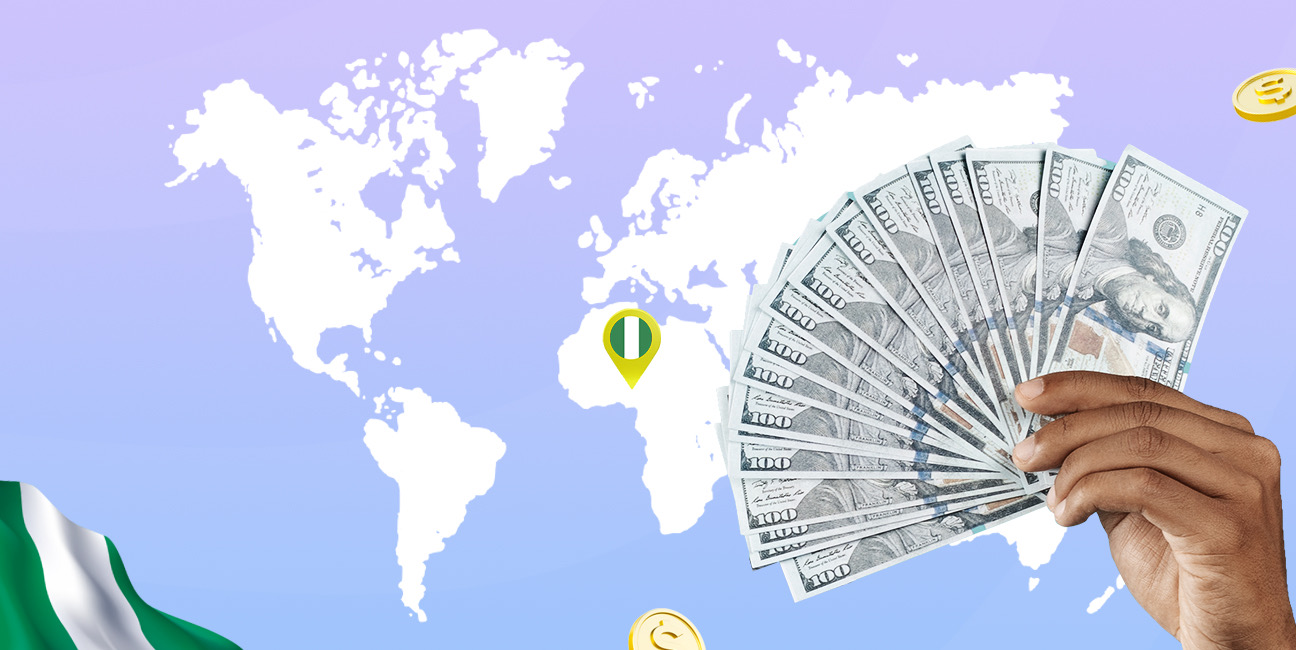
As an Education graduate in Nigeria, the most accessible job offer for me is teaching in privately owned schools. The implication of this is working hard to earn a penny...
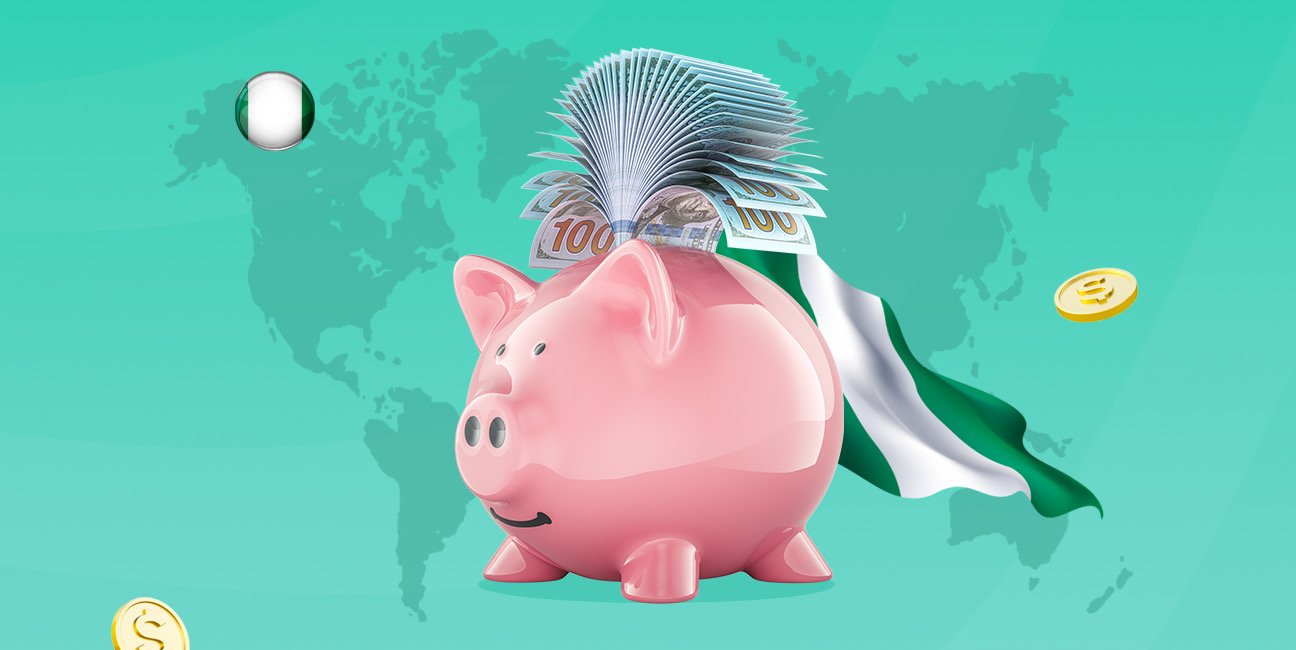
The Naira is weakening, which means your savings and investments are under threat. How do we know this? Well, the Nigeria Bureau of Statistics puts the current inflation rate at...
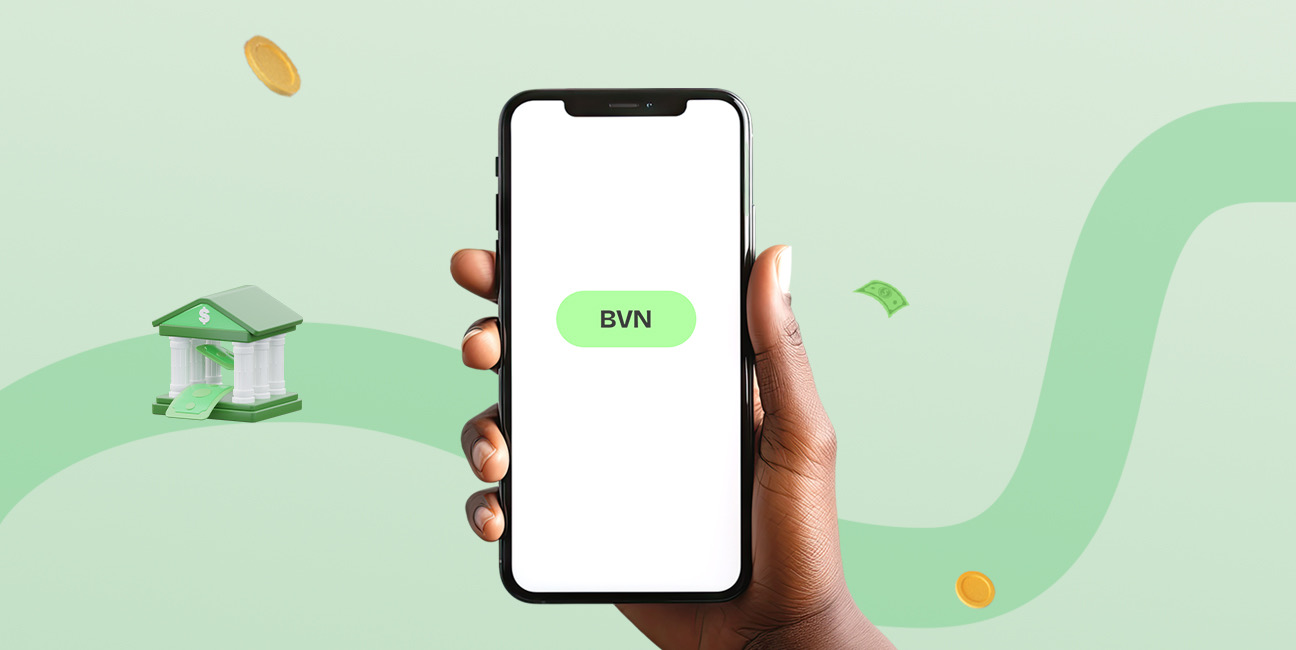
The Bank Verification Number (BVN) is a unique 11-digit number issued by the Central Bank of Nigeria (CBN) to every individual with a Nigerian bank account. It helps protect customers...
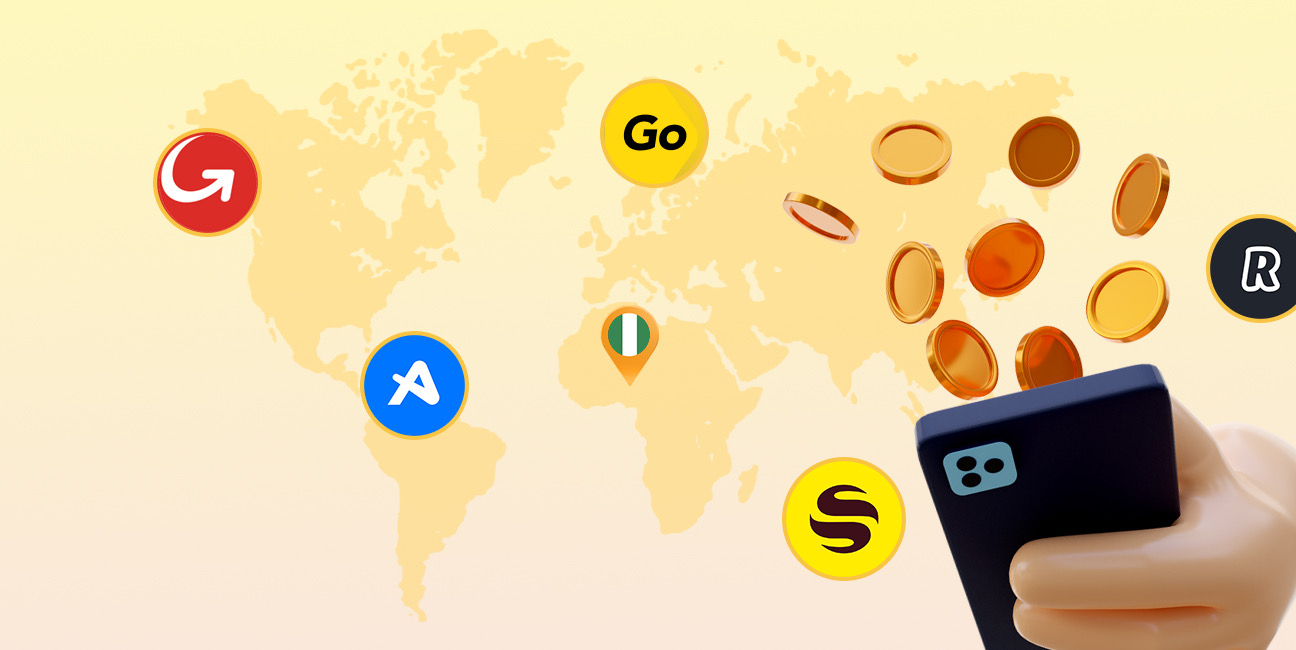
Have you ever found yourself Googling things like 'cheapest way to send money to Nigeria' because you’ve had a terrible experience with high fees, slow transfers, or confusing apps? I’ve...
Get the APP today to start enjoying amazing deals with #TopNOSHExperience.
